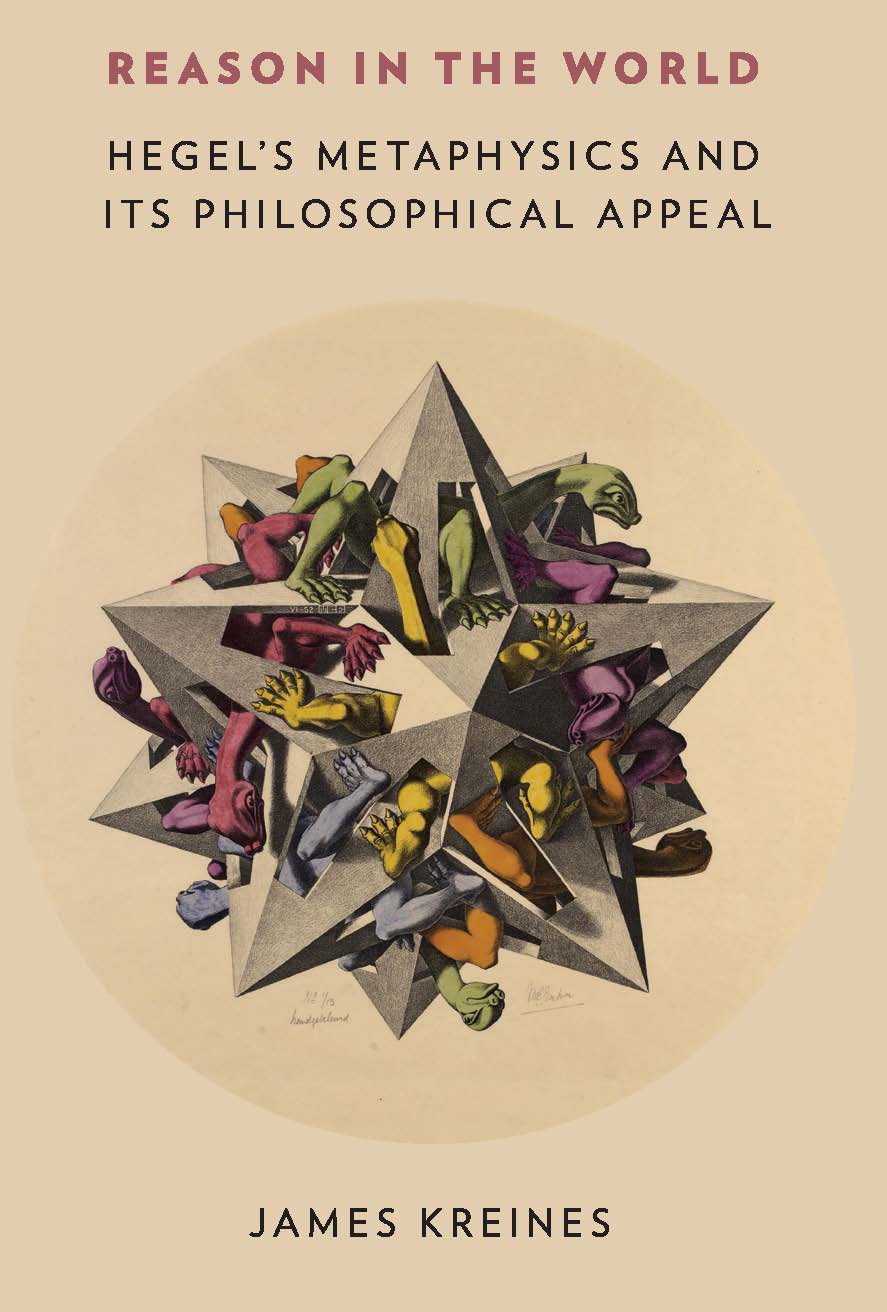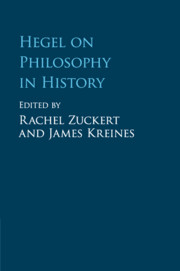|
Department of Philosophy,
|
Kant on the Laws of Nature and the Limitations of our KnowledgeJames Kreines How does Kant account for the particular natural laws of interest in the different branches of natural science? Are they supposed to involve the sort of necessary connection that would, given Kant’s epistemology, rule out empirical knowledge of them? It is recently popular to answer in the negative, holding that Kant defines particular natural laws in terms of the principles which guide our empirical inquiry. I reject this recently popular account. Kant’s general account of what a particular natural law is does not derive from any account of our knowledge of laws. Kant has non-epistemic reasons for holding that, because particular natural laws must be explanatory, they must involve necessary connection and strict universality. Given Kant’s epistemology, it follows that our knowledge of particular natural laws is limited to special cases in which at least some kind of a priori derivation is available, as is supposed to be true for Newton’s laws of motion; in cases that differ, we are left with only empirical inquiry, which can increasingly approximate knowledge of laws, but without ever achieving this goal. And Kant does not conceive of this limitation of our knowledge as a philosophical drawback; he specifically seeks to establish this limitation because it contributes to his broader case that all of our knowledge is limited or restricted. |

